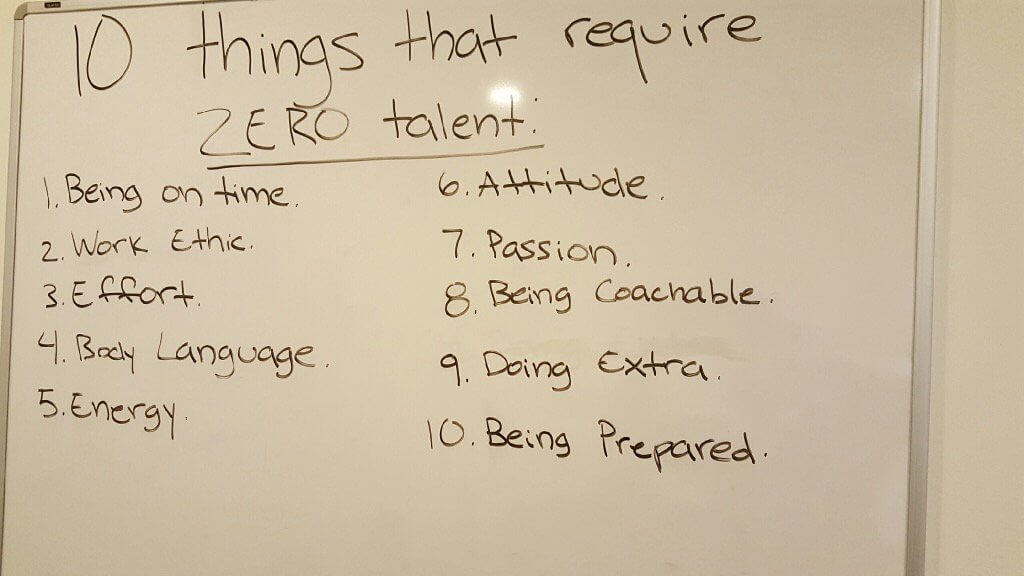
Twelve years ago, Sam Walker, Wall Street Journal deputy editor, set out to answer the question: “What makes great teams great?” What started as a 900-word column for the Journal turned into a decade of research and his book, The Captain Class: The Hidden Force That Creates the World’s Greatest Teams.
Sam’s answer to “What makes great teams great?” surprised everyone, including himself. He found that the secret to winning isn’t talent, coaching, strategy, or money. It is the presence of a singular leader—those who make up “the captain class.”
When he was a guest on my podcast, Sam highlighted numerous examples of these leaders who led their team to greatness. Typically they were not the charismatic superstars you would expect. Instead, they all shared seven unique traits. My conversation with Sam forced me to challenge some of my own assumptions. What if the way we are thinking about leadership is all wrong? Are there lessons in Sam’s research that we can apply in our own worlds as business leaders?
Here are the 7 traits and how you can spot them at work:
- Extreme doggedness and focus in competition. Who in your office is the most focused? Who always wants to go the extra mile and stay late to perfect the new business pitch?
- Aggressive play that tests the limits of the rules. Leaders push boundaries – but only if it benefits the entire team. If someone is bending the rules, determine the reasoning. Is it selfish rebellion or a challenge to move the team forward?
- A willingness to do thankless jobs in the shadows. Servant leadership is quiet and selfless. Who cleans up after the office lunch after everyone goes back to their desks? The leaders in Captain Class embraced the dirty work that they’d never get credit for.
- A low-key, practical and democratic communiation style. Leaders don’t necessarily have the loudest voice in the meeting. Often they don’t speak much. But when they do, it’s profound and persuasive because they have a pulse on the team.
- Motivates others with passionate nonverbal displays. In the book, Sam references athletes who play through pain. This isn’t as common in the office, but think of the teammate who leaves notes for colleauges to motivate them or brings in lunch when the team is working in high gear. These nonverbal efforts speak volumes.
- Strong convictions and the courage to stand apart. If you see someone standing firm in his or her belief, even if it’s against the norm, this is a leader worth watching.
- Ironclad emotional control. When people are able to focus to get the task done despite difficult circumstances, personal or professional, these are leaders of conviction. Who remains emotionally resilient in the face of adversity and challenges?
Your Game Changer Takeaway
Leaders aren’t the charismatic superstars you might expect. Look around your office or team and see if there’s someone you might be overlooking. The captain of the team or office is just as important as the coach or the CEO. Together they can create winning teams and companies that stand the test of time. Have you been looking for leadership in all the wrong places? Here’s a chance to reevaluate your assumptions.
The Molly Fletcher Company inspires leaders, teams and organizations to kick-start growth. A keynote speaker and author, Molly draws on her decades of experiences working as a sports agent. Her company’s Game Changer Negotiation Training workshops teach business people the framework for successful negotiating, so that you can close more deals while building stronger relationships. Sign up here to receive our weekly newsletter and subscribe to the Game Changers with Molly Fletcher podcast on iTunes.


















